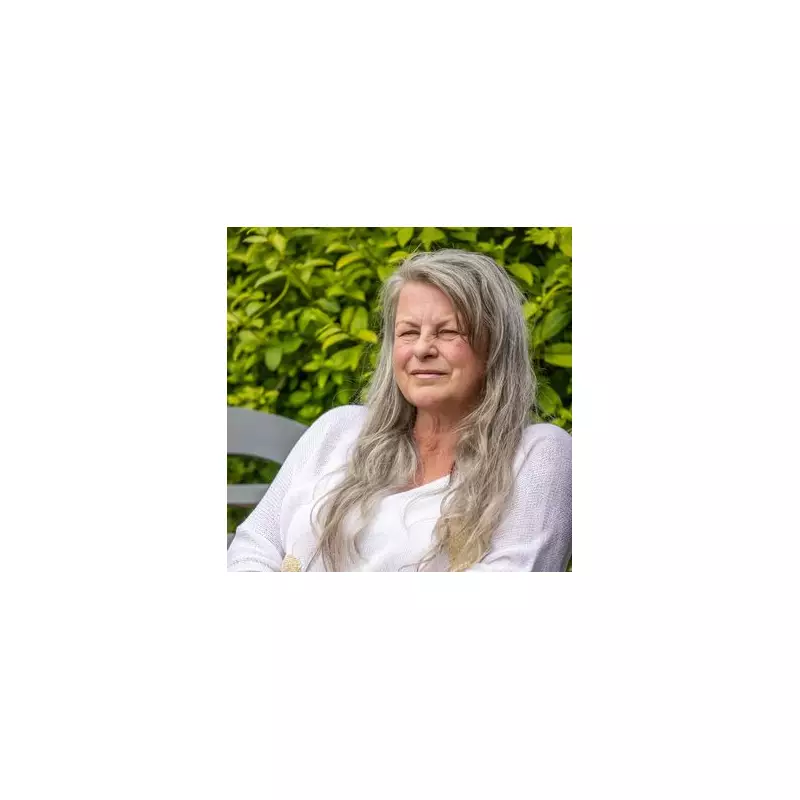
The heartbroken widow of a man who ended his life at the Dignitas clinic has launched a powerful campaign to change Britain's "cruel" assisted dying laws, in an exclusive interview with The Mirror.
Sheila Newman, 78, watched her beloved husband of 55 years, Terry, 80, take a fatal dose of medication in Switzerland after he received a devastating terminal diagnosis. His final wish was for her to speak out, so that others wouldn't have to face the same traumatic and expensive journey abroad.
"It is cruel that people from this country have to go to another country to do this," Sheila stated, her voice filled with emotion. "It should be a choice. It's your life and it should be your choice."
A Race Against Time
Terry, a former company director from Essex, was diagnosed with terminal pulmonary fibrosis, a debilitating lung disease. Facing a future of suffocation, he made the brave decision to end his life on his own terms.
The process was fraught with logistical and emotional hurdles. The couple had to:
- Raise over £10,000 to cover the costs of the trip and procedure.
- Navigate complex Swiss legal requirements while grappling with grief.
- Fear Sheila's potential prosecution upon returning to the UK, as assisting someone to die remains a criminal offence.
Sheila described the UK's current stance as a form of "emotional blackmail," forcing families into secrecy and immense stress during their darkest hours.
A Final Act of Love
Sheila bravely recounts Terry's final moments as peaceful and dignified. "He just went to sleep. It was so peaceful... There was no choking, no drama." This calm ending stands in stark contrast to the suffering he would have endured had his illness been allowed to run its natural course.
Now, Sheila is channelling her grief into action. She is supporting a prominent campaign by groups like Dignity in Dying, urging MPs to back a change in the law. The issue is due for another debate in Parliament, putting immense pressure on Westminster to finally listen to the overwhelming public support for legalisation.
Her story is a poignant and powerful testament to love, choice, and the urgent need for compassion in UK law.





